Cannabis law in Switzerland
min. reading
The situation of the hemp industry in different parts of the world certainly depends on the politics in a country and the favorability of the authorities to the subject of hemp. Switzerland’s regulations on the plant are among the most progressive in the world. The country is an excellent example of how observing the market and drawing conclusions based on one’s own research can contribute to the establishment of effective legal norms that ensure the good functioning of the economy and the protection of various players. You can read more about the Swiss government’s liberal approach to the topic of hemp and its pilot legalization for recreational use later in this article.
Table of Contents
Legal policy regarding CBD in Switzerland
Switzerland is one of the few countries in Europe where the limit of THC in finished cannabis products cannot exceed 1%. This is the highest limit in Europe; most countries have it set at 0.2% – for example, Germany or the Netherlands, or 0.3% – in the case of Poland or Austria. For users, this makes no difference – 1% THC will still not produce any consciousness-altering effect. However, there is a definite difference for farmers and entrepreneurs, as they are less likely to exceed the THC content of their products, which does not expose them to legal problems. So, in Switzerland, it is permitted to possess and sell cannabis seeds containing less than 1% THC. Possession of raw material that has more of it is punishable by a fine of 100 francs (about 450 zlotys), as long as the person is carrying more than 10 grams. Possession of smaller amounts exposes a person to a warning at most.
Industrial hemp in Switzerland is legal if it contains less than 1% of said THC (regardless of CBD content). They are then not qualified as a drug, but are subject to regulations under which a hemp product is marketed. This applies to medicinal products, foodstuffs, cosmetics, or chemicals. The cultivation of hemp seed in Switzerland is only possible after obtaining a special permit. There must be no more THC in the plants than what is allowed by current law. Hemp can be processed into food, hemp cosmetics, and medical extracts, with the understanding that it can’t be marketed without a federal permit, which is related to regulations for new foods. The relevant cantonal enforcement authority must be notified and proof of product registration must be obtained.
CBD medical products are subject to the general regulation that applies to medicinal products, which provides for a manufacturing authorization, a wholesale authorization and a marketing authorization. Foods created from seeds that do not contain CBD, for example, oil, flour, seeds or hemp infusion, can be marketed without prior authorization, as they are not covered by the regulation on novel foods. In the case of cosmetics, the addition of natural CBD as an ingredient in them is only legal if it comes from hemp seeds or leaves. Synthetic CBD is not specifically regulated and can therefore be used in cosmetic products.
Medical cannabis in Switzerland – what is the topic of availability?
Legalization of the use of cannabis for medical purposes came into effect relatively recently, only in August 2022. Currently, medical cannabis is only available to patients suffering from severe medical conditions and prescribed by a doctor. Indications for use include, for example, severe chronic pain and muscle spasms. In most cases, the treatment is not reimbursed and the patient must pay for the purchase of cannabis himself. The regulatory change also allowed the export of medical cannabis for commercial purposes thanks to an authorization that companies must apply for from Swissmedic, the Swiss regulator of medicines and medical devices.
Prior to the new regulations, patients using medical marijuana had to apply to the Federal Office of Public Health (FOPH) for approval to import the drug. Currently, medical dried preparations containing more than 1% THC and ready-made formulations are available to patients. Both are available by prescription only. Because they contain a high dose of psychoactive THC they are still classified as a drug, so they can only be grown, imported and sold for medical use as long as the marketer obtains a license from the Federal Office of Public Health. The procedure for obtaining it is very rigorous and involves such companies meeting a number of formal requirements. In the case of cannabis-based drugs (which contain THC in their composition) that have been approved for use in Switzerland, patients can only access them by prescription. The patient can – through his or her doctor – apply for a medical use permit issued by the Federal Office of Public Health.
Pilot legalization of marijuana in Switzerland – where does it stand?
The popularity of cannabis in the food and dietary supplements market has caught the interest of the authorities, making them closely examine trends in both the legal and black markets. According to unofficial statistics, the consumption and trade of cannabis in Switzerland has been steadily increasing, which was particularly noticeable during the pandemic period. This trend contributed to the decision to introduce a pilot program for regulated cannabis trade. Its goal is to allow cities to implement pilot programs for their citizens, which include the opportunity to legally purchase marijuana at special outlets for a select group of registered participants. According to the law, there can be a maximum of five thousand in one program. With this, the authorities want to get the needed data on the effects of regular cannabis consumption and the functioning of the cannabis market. Conclusions from this research will be used, among other things, to develop methods to combat the black market and prepare a hemp law for the entire country.
One of the objectives of the program is to grow hemp locally. In this way, the demand for dried hemp for program participants is to be met by local farmers, without the need to import expensive dried hemp. As a condition of participation in the program as a producer, a permit must be obtained from the Federal Bureau of Public Health. Only adults can become participants in the program, and their health status will be monitored by doctors on an ongoing basis.
The first city to take advantage of the opportunity to organize the program at home was Zurich. As part of an ongoing 3.5-year pilot program there, the health of several thousand participants is monitored by the psychiatric hospital at the university there. Zurich was followed by Basel, where as of mid-2022 some 400 people can legally buy dried cannabis under the program. Switzerland has shown foresight in establishing its drug policy over the years. Legalizing recreational marijuana would therefore be the latest step to set a new trend in Europe’s cannabis policy.
Delays in the implementation of the Marijuana Legalization Pilot Program in Switzerland
The original plan for the Weed Care program was to launch it in Switzerland’s third most populous city, Basel, on September 15, 2022, but this did not happen. The reason was the failure to meet quality standards in the production of dried cannabis that was to be used for testing. Basel’s municipal health department announced that the dried cannabis contained excessive amounts of the pesticide fluopyram, which cannot be present in organic crops. The supplier of the drought, Pure, delivered the new products late. In January/February 2023, two types of hashish and four varieties of marijuana were delivered to selected pharmacies in Basel for 370 registered participants in the program. It is expected to last until 2025.
The first legal marijuana dispensary opened in December 2023 [Updated Q1]
The Swiss city of Lausanne in 2021 approved the Cann-L project to “experiment with marijuana sales” in order to monitor black market dynamics and assess the impact on consumer behavior. The first legal dispensary opened in December 2023 and sells marijuana exclusively to program participants. Recreational marijuana is sold for between 9 and 12 Swiss francs per gram (40 – 55 zloty), depending on THC content. In its first month of operation, Lausanne’s legal marijuana dispensary recorded a significant turnover, selling 4.5 kilograms of cannabis. This figure represents 5% of the estimated amount of marijuana coming from the black market.

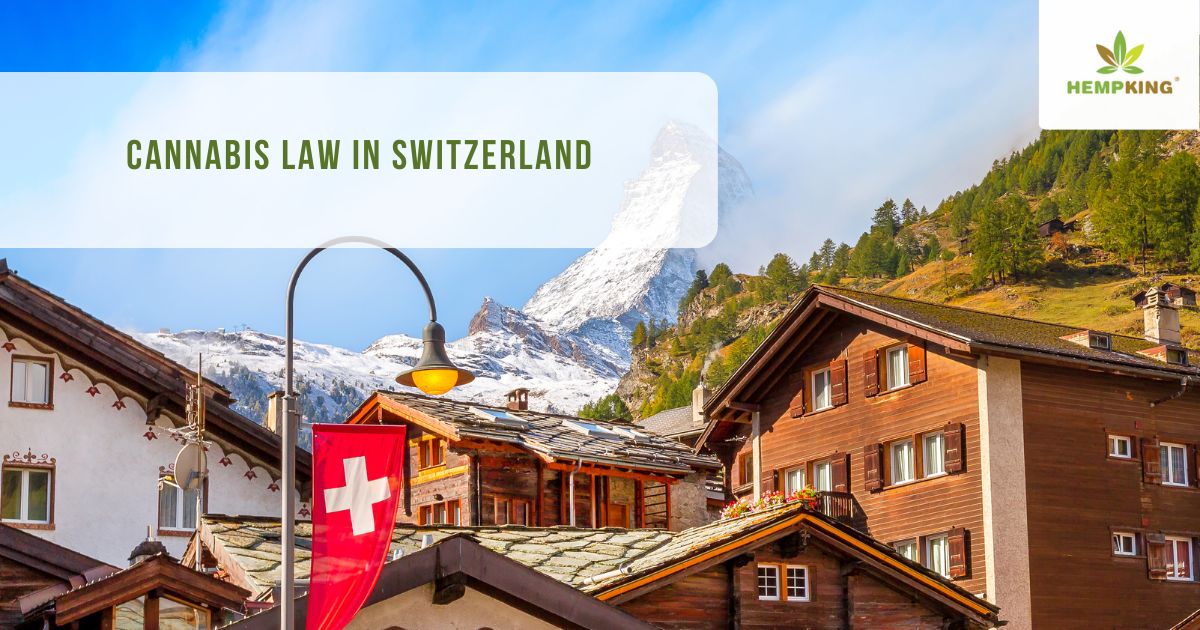
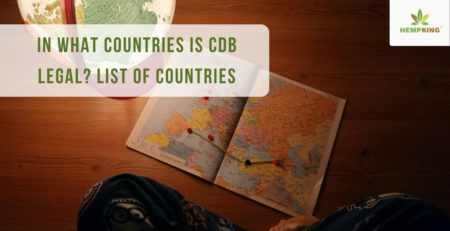
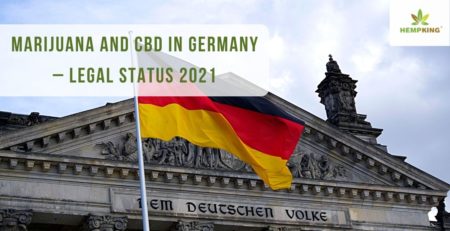
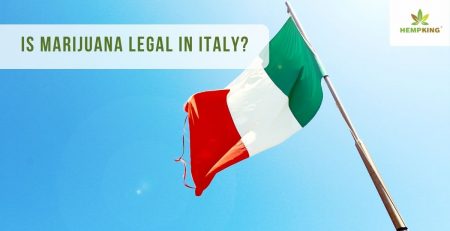
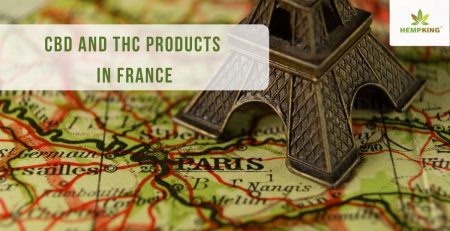
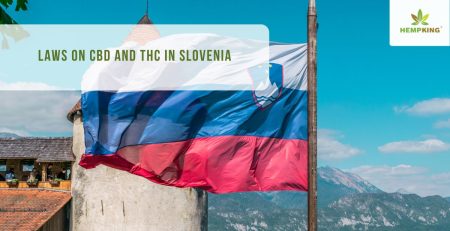
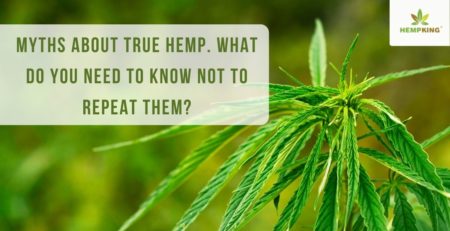
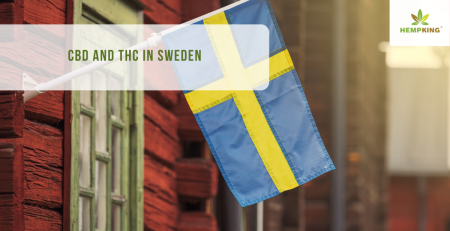
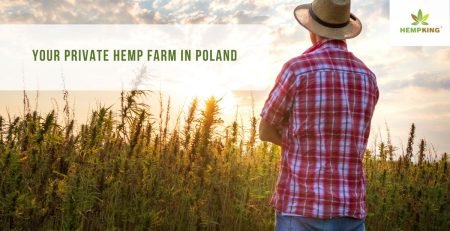
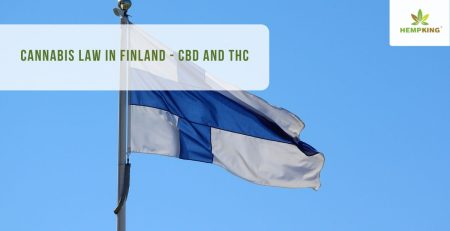
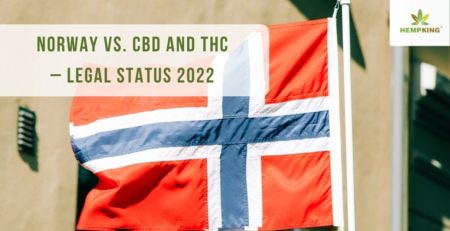
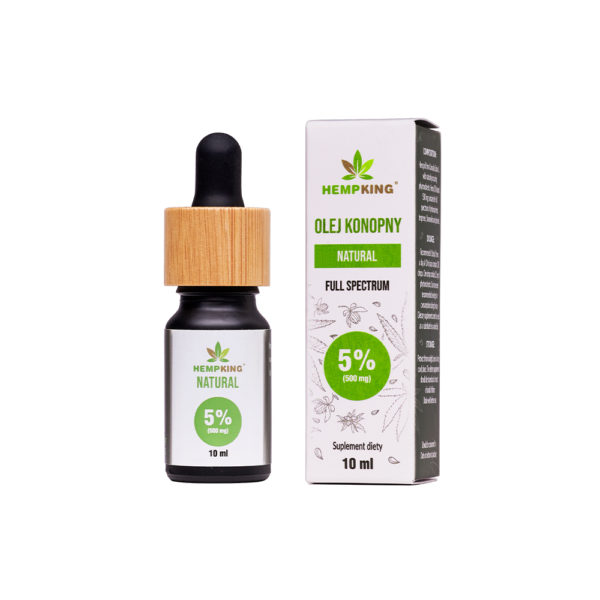
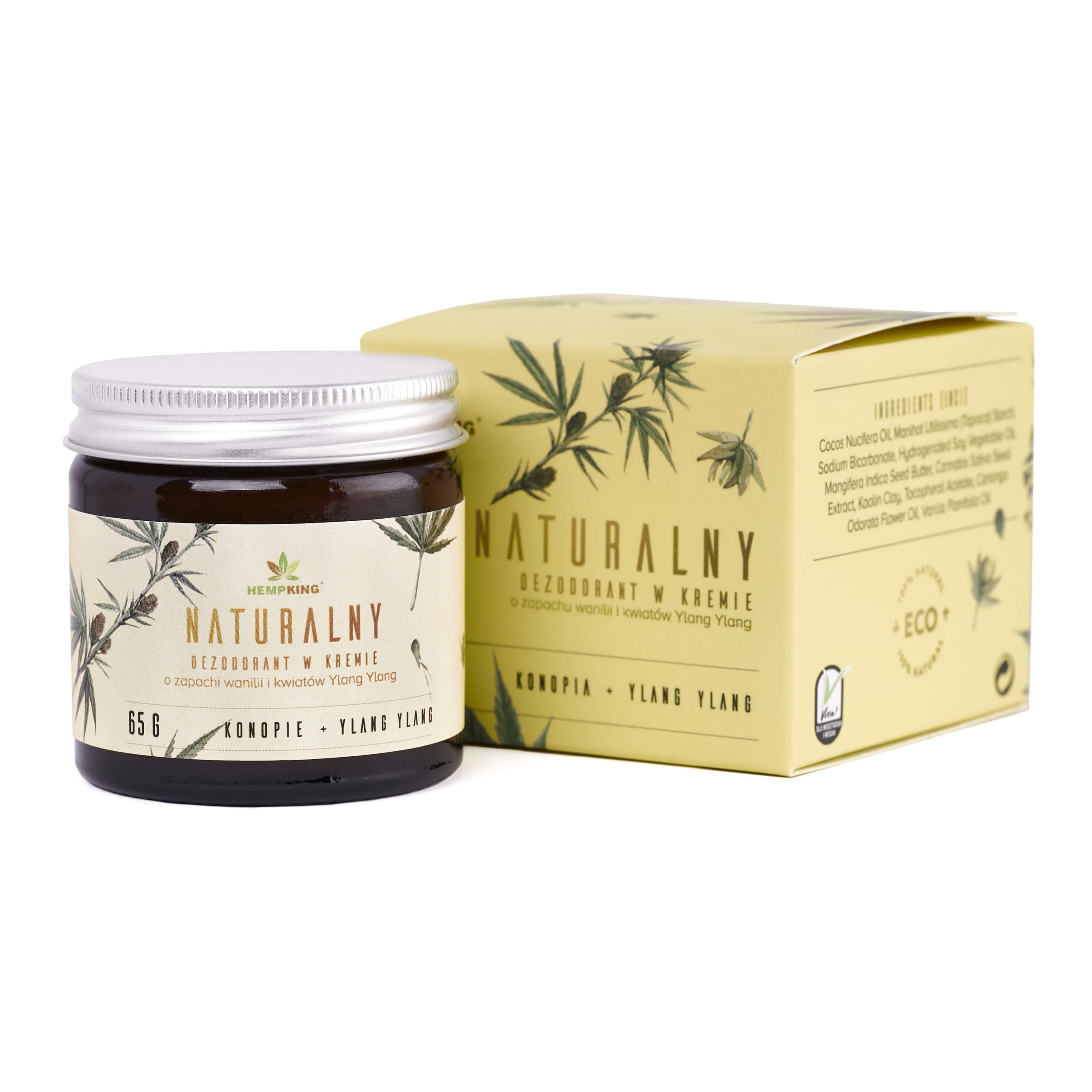
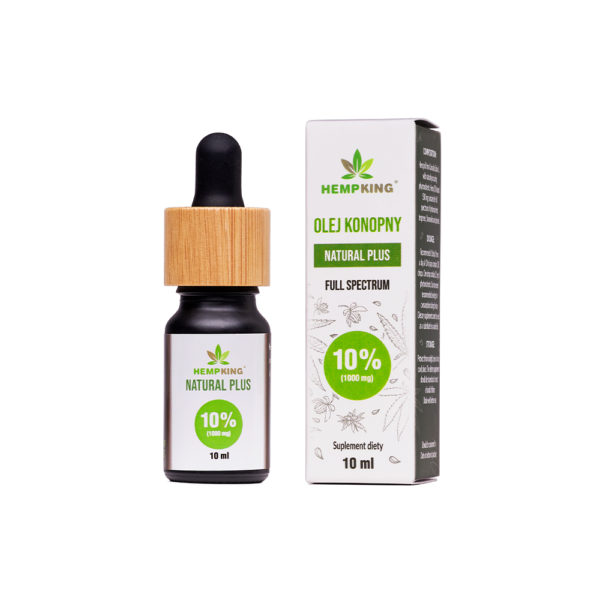
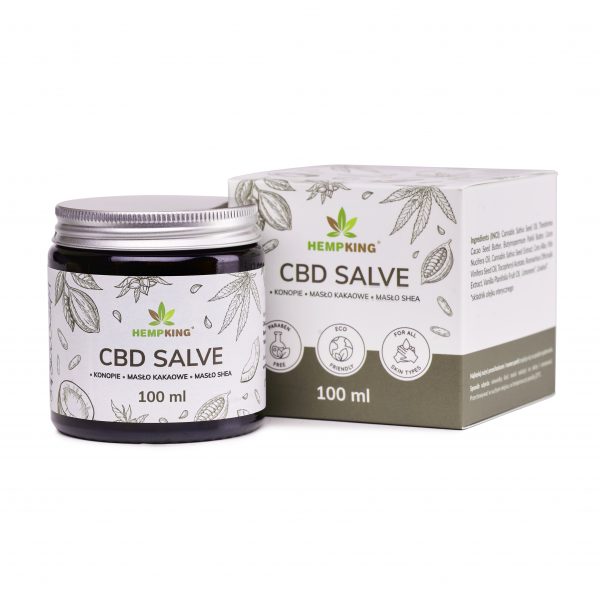
 Facebook
Facebook Instagram
Instagram

Leave a Reply